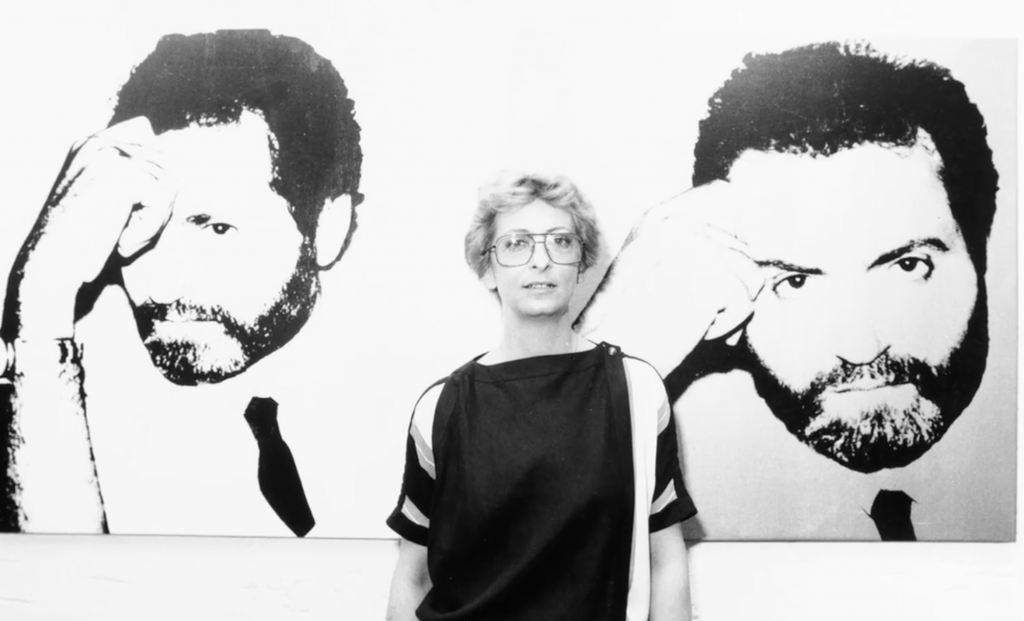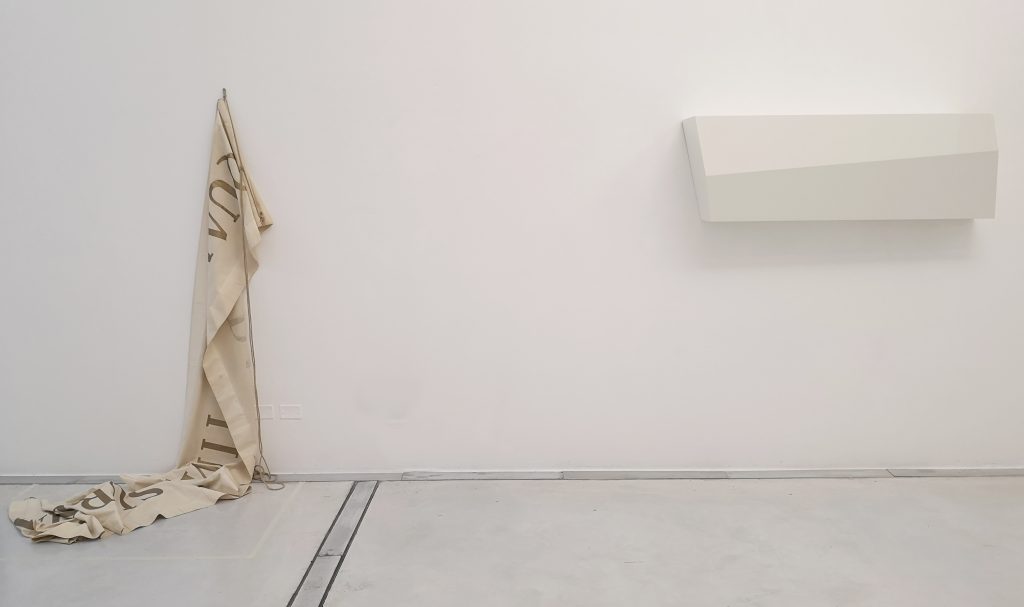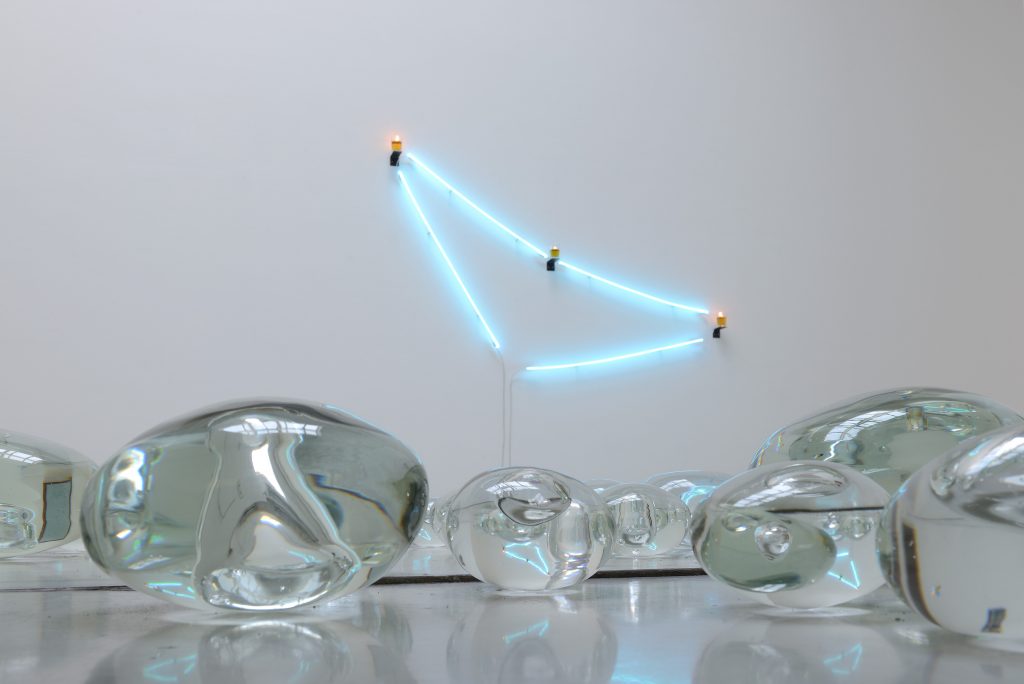Hélène de Franchis, Founder of Verona’s Studio La Città, Reflects on the Gallery’s 50th Anniversary


Artnet Gallery Network

When a gallery manages to survive for 50 years, much of that longevity can usually be credited to sheer tenacity on the part of the owner. That’s certainly the case with dealer Hélène de Franchis, whose gallery Studio La Città is celebrating a half-century in business this year.
De Franchis founded her gallery in the late months of 1969, not in one of the mainstream art capitals of New York, Paris, or London, but in the small city of Verona, in northern Italy, most famously the setting of William Shakespeare’s Romeo and Juliet. And there the gallery has stayed for the five decades to come.
But its location did not stop De Franchis from placing her gallery at the center of the art world’s map. In her years at the helm, she attended hundreds of art fairs around the world and cultivated a signature, highly specific vision for contemporary art that positioned her gallery at the cutting edge.

Installation view of “What I Did Not Sell… 50 Years. A Story.” Courtesy Studio la Città, Verona. Photo by Michele Alberto Sereni.
That vision recently got a closer look with “What I Did Not Sell… 50 Years. A Story,” curated by Marco Meneguzzo—an exhibition that took a deep-dive into the gallery’s inventory. The show, which was abruptly shuttered along with everything else earlier this year, explored the curatorial thesis that the artworks a dealer promotes, but is unable to sell, best define their legacy.
In this case the exhibition operates both as a portrait of the dealer’s taste across a half century, as well as a journey through the changing trends in contemporary art from the 1950s until today. Works featured include ceramics by Lucio Fontana, the iridescent abstractions of David Simpson, neon works by Pier Paolo Calzolari, sculptures of Ettore Spalletti, all the way up to recent works by the Americans Emil Lukas and Jacob Hashimoto.

Installation view of “What I did not sell… 50 Years. A Story. Courtesy Studio la Città, Verona. Photo by Michele Alberto Sereni.
“What does Hélène’s style consist of? Of an elegance that is sober, if not actually withdrawn,” wrote Meneguzzo, for the exhibition text. “It is as though the artists of the gallery, the most assiduous, always promise something beyond what they actually exhibit, a surplus of meaning that can be discovered when that kind of natural reluctance is overcome by the empathy of the viewer. This is an effort that Hélène’s artists, and Hélène herself, ask of the gallery’s visitors.”
Watch Hélène Franchis reflect on her career leading Studio La Città below.
[bc_video video_id=”6164940924001″ account_id=”4129125564001″ player_id=”default”]